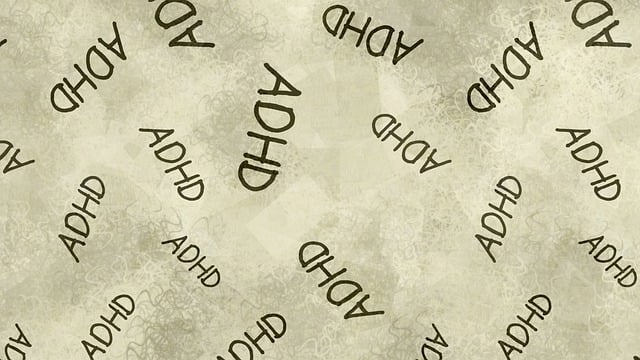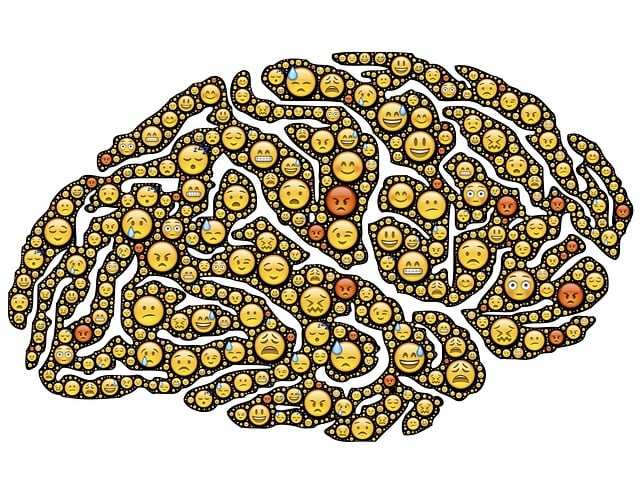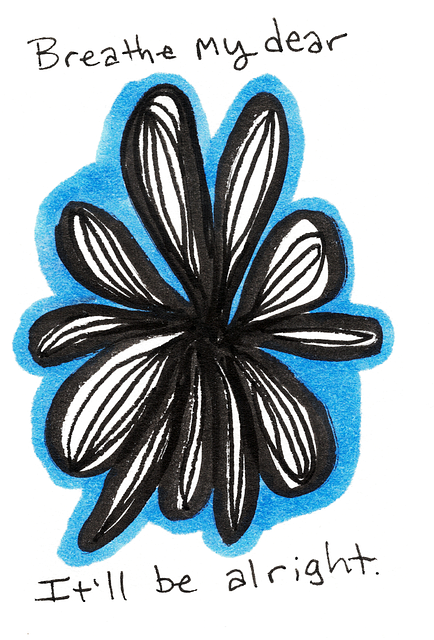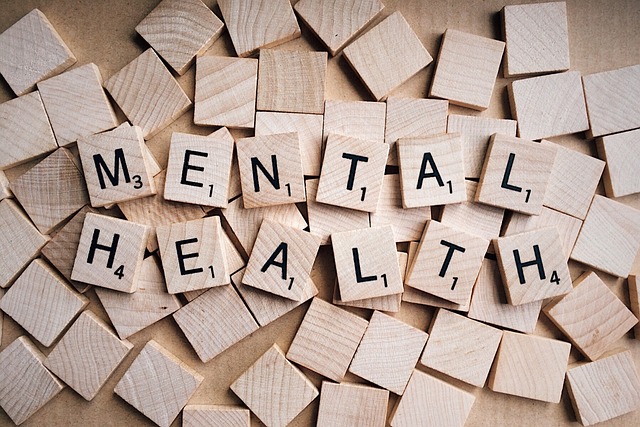Greenwood Village Interpersonal Issues Therapy focuses on crisis intervention, offering immediate support for severe emotional distress and trauma. Therapists provide practical guidance, skills development, and a holistic approach to build resilience and lasting coping skills. They use risk assessment, safe space creation, de-escalation techniques, and mindfulness meditation to empower clients in managing crises and preventing future escalations. Post-crisis, Greenwood Village offers comprehensive support with accessible resources, support groups, and educational workshops, promoting mental wellness enhancement and sustainable recovery.
In the face of interpersonal issues, Greenwood Village offers valuable insights into crisis intervention strategies. This comprehensive guide delves into effective approaches tailored to the unique challenges of the community. From understanding crisis intervention and identifying risk factors in interpersonal therapy to direct de-escalation techniques and indirect resilience-building methods, each section equips professionals with essential tools. Post-crisis support and a wealth of local resources further enhance Greenwood Village’s standing as a model for crisis management, particularly within the context of interpersonal issues therapy.
- Understanding Crisis Intervention: A Greenwood Village Perspective
- Identifying Signs and Assessing Risk in Interpersonal Therapy
- Direct Strategies for De-escalation and Safety Planning
- Indirect Approaches: Building Resilience and Coping Skills
- Post-Crisis Support and Community Resources in Greenwood Village
Understanding Crisis Intervention: A Greenwood Village Perspective

In Greenwood Village, crisis intervention strategies are seen as a crucial aspect of interpersonal issues therapy, emphasizing immediate and effective support for individuals facing severe emotional distress or traumatic events. This approach recognizes that timely intervention can significantly impact an individual’s ability to cope with challenging situations and promote long-term mental health awareness. Therapists in this community are trained to provide practical guidance, focusing on skills development to enhance emotional regulation and coping mechanisms.
The perspective from Greenwood Village underscores the importance of empowering individuals to navigate interpersonal challenges effectively. By incorporating techniques tailored to each person’s unique needs, therapists facilitate a process that goes beyond mere crisis management. Ultimately, this holistic approach aims to foster resilience, enabling clients to develop lasting coping skills for present and future crises, thereby enriching their overall emotional well-being.
Identifying Signs and Assessing Risk in Interpersonal Therapy

In Greenwood Village Interpersonal Issues Therapy, identifying signs of distress and assessing risk are crucial steps in crisis intervention. Therapists play a vital role in recognizing subtle cues that may indicate an individual is struggling with mental health challenges or facing interpersonal conflicts. By paying close attention to verbal and non-verbal communication, therapists can pick up on red flags such as sudden changes in behavior, mood swings, or withdrawal from social activities. These signs often point towards underlying issues that require professional support.
Assessing risk involves a thorough evaluation of the individual’s current situation, including their history with mental health disorders, access to support systems, and any potential triggers for crisis. Therapists use this information to gauge the severity of the situation and develop appropriate interventions. Encouraging clients to share their feelings openly and providing a safe, non-judgmental space facilitates self-reflection and promotes the development of a robust self-care routine. This, in turn, contributes to better mental health outcomes and can boost confidence, as individuals gain tools to navigate interpersonal challenges effectively.
Direct Strategies for De-escalation and Safety Planning

Direct strategies for de-escalation and safety planning are essential components of crisis intervention, as they aim to quickly reduce tension and ensure the well-being of individuals facing interpersonal issues. Techniques such as active listening, empathy, and clear communication play a pivotal role in calming individuals down. Therapists, like those at Greenwood Village Interpersonal Issues Therapy, train clients to recognize triggers and develop personalized safety plans. This involves identifying potential hazards, establishing safe spaces, and learning coping skills to manage intense emotions.
By incorporating practices like mindfulness meditation and self-esteem improvement, individuals gain a sense of control over their reactions. Coping skills development equips them with tools to navigate challenging situations, fostering resilience. These direct strategies not only help in immediate crisis resolution but also empower individuals to proactively prevent future escalations, ultimately enhancing their overall mental well-being.
Indirect Approaches: Building Resilience and Coping Skills

In the realm of crisis intervention, indirect approaches play a pivotal role in empowering individuals to navigate challenging situations. One effective strategy is building resilience, which involves equipping people with the mental fortitude to face and bounce back from crises. This process often incorporates coping skills training, teaching individuals how to manage stress and regulate their emotions during turbulent times. For instance, Greenwood Village Interpersonal Issues Therapy employs evidence-based techniques to foster these resilient responses, enabling clients to cope with unforeseen events more adaptively.
Crisis Intervention Guidance emphasizes the importance of teaching mind over matter principles, empowering people to take charge of their mental well-being. By integrating stress management strategies into their daily lives, individuals can mitigate the impact of crises and build long-lasting coping mechanisms. This proactive approach not only assists in immediate crisis resolution but also fosters self-reliance, a crucial aspect of sustainable recovery and overall wellness.
Post-Crisis Support and Community Resources in Greenwood Village

After a crisis, Greenwood Village offers a robust support system to help individuals navigate their recovery journey. Community resources are readily available for those dealing with interpersonal issues and seeking therapy. Local mental health professionals provide specialized services tailored to diverse needs, focusing on mood management and enhancing mental wellness. These efforts ensure that residents can access the necessary tools and guidance to rebuild and thrive after a challenging experience.
The village’s commitment to community well-being is evident through various programs developed to prevent burnout and promote overall mental health. Support groups and educational workshops play a vital role in fostering resilience and offering peer-to-peer support. By leveraging these resources, Greenwood Village aims to create a nurturing environment where individuals can find solace, heal, and regain their sense of equilibrium, ultimately contributing to the sustainable development of mental wellness coaching programs.
In Greenwood Village, crisis intervention strategies play a pivotal role in addressing interpersonal issues. By understanding the nuances of de-escalation techniques, risk assessment, and both direct and indirect approaches, professionals can effectively support individuals navigating crises. From identifying early signs to building resilience, these strategies ensure that those in need receive comprehensive care. This guide highlights the importance of a holistic approach, combining practical tools with community resources, to foster recovery and enhance well-being in Greenwood Village and beyond.














